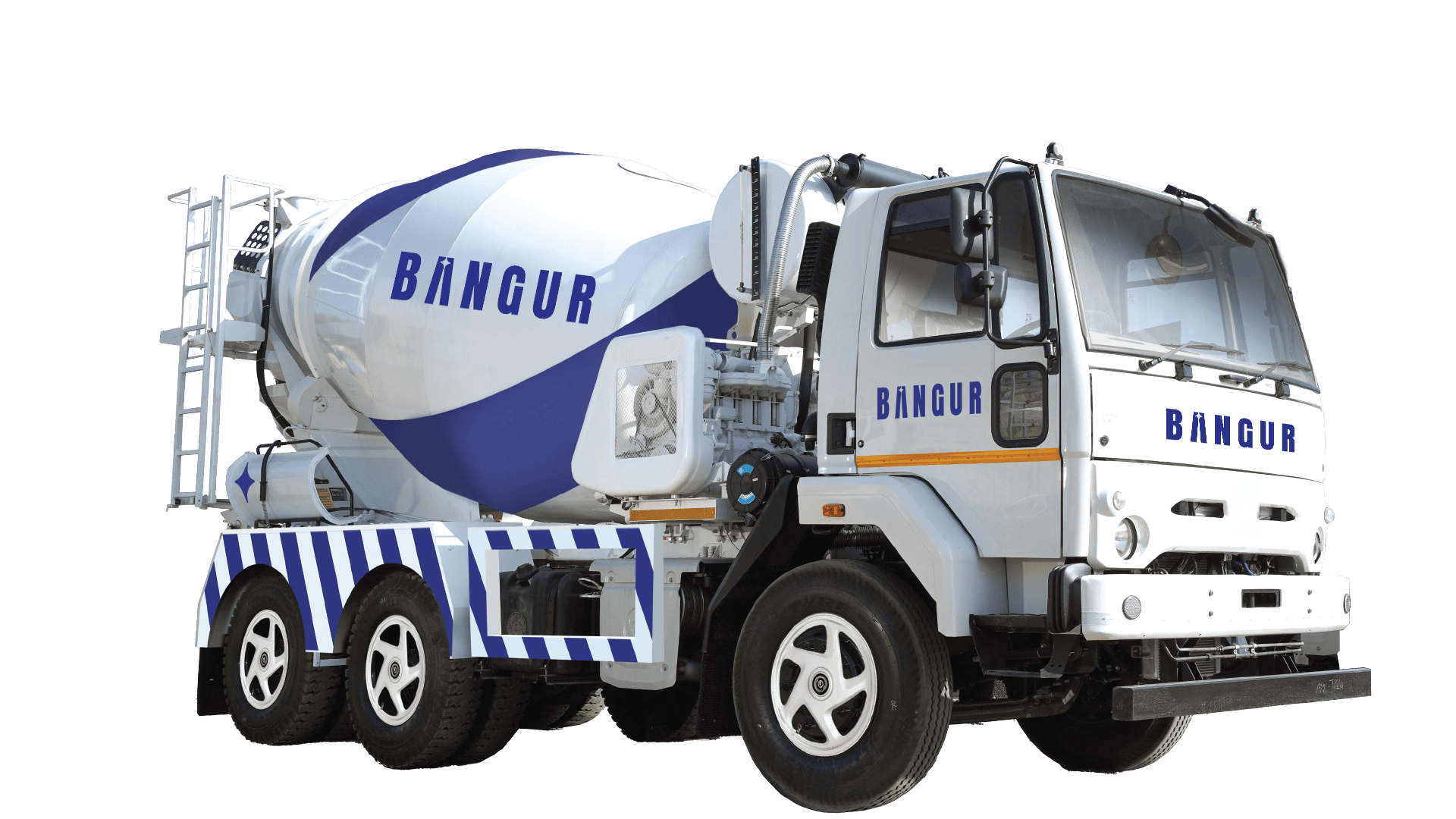
Top Cement Types for Different Construction Projects
- Jun 10
- 6 min read
Cement is the cornerstone of durability and strength when it comes to construction. But not all cement is created equal. Depending on the project, choosing the right type can mean the difference between a structure that stands strong for decades and one that falters over time. Whether you're building a skyscraper or laying the foundation for your dream home, understanding the types of cement available will help you make an informed decision.
Before starting any construction project, it's important to understand the different types of cement available and their specific uses. Making the right choice can improve strength, durability, and cost-efficiency in the long run.
Understanding Cement Types in Construction:
Cement Type | Best for | Key Benefits |
|---|---|---|
Cement, in its simplest form, is a binding agent that hardens and binds other materials together. However, various types of cement have been developed to meet the diverse needs of construction projects. These types differ in composition, properties, and suitability for specific tasks. Here's a look at the most common types of cement in construction and what they’re best used for.
1. Ordinary Portland Cement (OPC)
Ordinary Portland Cement, or OPC, is the world's most widely used type of cement. OPC is the go-to choice for general construction work because of its reliability and strength. It's suitable for building bridges, high-rise buildings, roads, and other structures requiring long-lasting performance.
Best for: General construction, high-rise buildings, and infrastructure projects.
Why choose it: OPC has quick setting time and offers high compressive strength, making it ideal for projects needing swift completion.
2. Portland Pozzolana Cement (PPC)
PPC is made by blending pozzolanic materials (like fly ash, volcanic ash, or silica fumes) with OPC. This mixture enhances the cement’s resistance to aggressive environmental conditions like sulfate attacks. PPC also reduces the amount of clinker in the mixture, making it an eco-friendly option.
Best for: Marine structures, dams, sewage works, and mass concrete construction.
Why choose it: PPC has better resistance to chemical attacks and offers increased workability. It's especially useful in projects exposed to water and moisture.
3. Rapid Hardening Cement
As the name suggests, rapid-hardening cement is designed to develop strength quickly. It achieves significant strength within the first few days, making it perfect for projects that require fast completion.
Best for: Road repairs, prefabricated concrete projects, and situations needing quick turnarounds.
Why choose it: Its ability to set quickly makes it ideal for time-sensitive projects, especially where traffic or other disruptions need to be minimized.
4. Sulphate Resisting Cement
This type of cement is specially formulated to resist sulfate attacks, which can damage concrete over time. Structures exposed to soil or water containing high sulfate levels, like in coastal or industrial areas, benefit from the durability of sulphate resisting cement.
Best for: Foundations, sewage treatment plants, and marine construction.
Why choose it: Its high resistance to sulfates ensures that the cement doesn't weaken over time when exposed to aggressive environments.
5. Low Heat Cement
Low-heat cement is used for massive structures like dams, where the heat generated by the hydration process could cause cracking. By controlling the heat generation, this type of cement ensures that large concrete pours don't suffer from thermal stress.
Best for: Large-scale projects like dams, bridges, and wind turbine bases.
Why choose it: Low-heat cement minimizes the risk of cracking in massive structures, ensuring longevity.
6. White Cement
White cement is primarily used for aesthetic purposes. It’s similar to OPC but is manufactured in a way that removes the iron content, giving it its distinctive white color. White cement is commonly used for architectural projects and finishes where the look of the structure is as important as its durability.
Best for: Decorative works, tiles, precast facades, and flooring.
Why choose it: Its clean appearance makes it ideal for projects where aesthetics matter.
7. Best Cement for Foundation
When laying a foundation, the choice of cement is critical. Foundations need strength, durability, and resistance to the elements. Ordinary Portland Cement (OPC) is often the best cement for foundations, especially when combined with proper waterproofing measures. For areas prone to sulfate attacks or moisture, Sulphate Resisting Cement is a better option to ensure longevity.
8. Eco-Friendly Cement: A Sustainable Choice
In recent years, the construction industry has seen a growing emphasis on sustainability, and cement production has evolved to meet these demands. Eco-friendly cement, also known as green cement, incorporates industrial by-products like fly ash, slag, and silica fumes to reduce carbon emissions and lower the overall environmental impact of cement manufacturing. This type of cement is designed to minimize the carbon footprint while maintaining the strength and durability required for construction.
Best for: Environmentally conscious projects, green buildings, and LEED-certified constructions.
Why choose it: Eco-friendly cement not only reduces environmental impact but also contributes to energy efficiency in buildings. It’s an ideal choice for projects where sustainability is a priority without compromising quality and performance.
This type of cement is gaining popularity in residential and commercial construction, particularly in projects aimed at reducing energy consumption and promoting sustainable living. With the rise of green building initiatives, eco-friendly cement is becoming an essential part of modern construction practices.
Conclusion: Choosing the Right Cement for Your Project
Selecting the right type of cement depends on the specific requirements of your construction project. Whether you're focused on speed, durability, resistance to harsh environments, or aesthetics, there’s a cement type that fits your needs.
For general construction, Ordinary Portland Cement (OPC) remains a top choice due to its reliability and strength. If you’re working on a project exposed to water or chemicals, Portland Pozzolana Cement (PPC) or Sulphate Resisting Cement can offer enhanced durability. For decorative elements, White Cement is the clear winner.
By understanding the types of cement in construction, you ensure that your project stands strong, looks great, and lasts for years to come.

